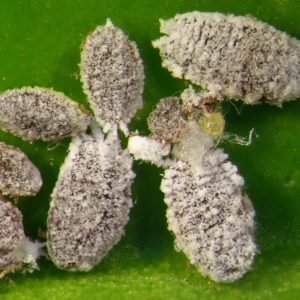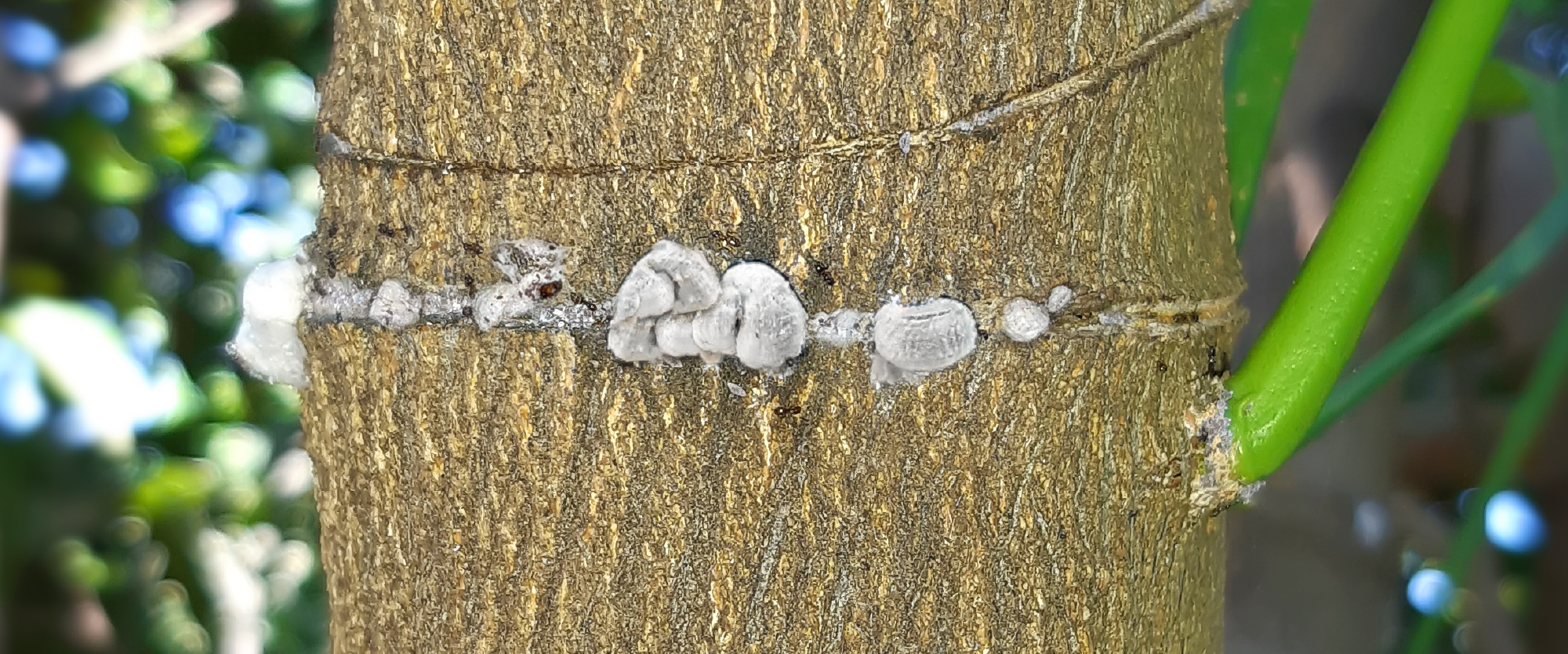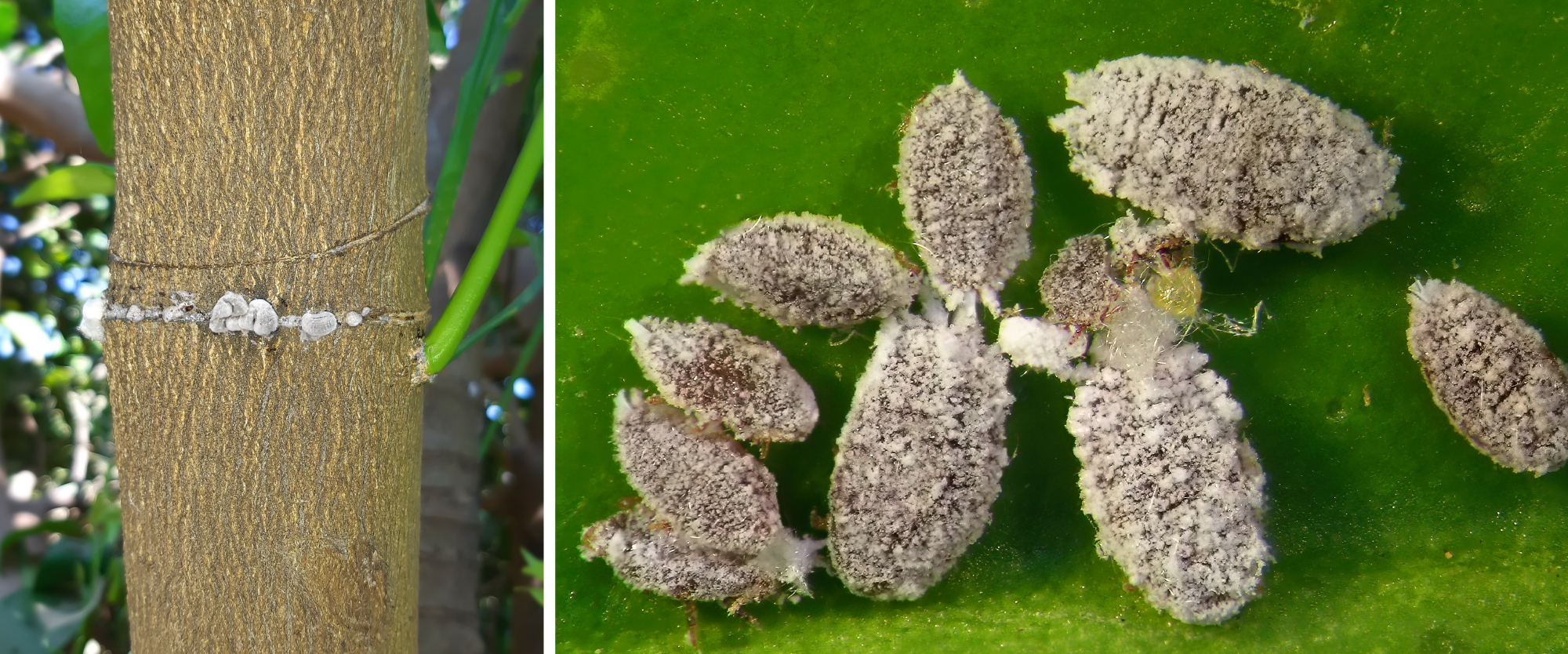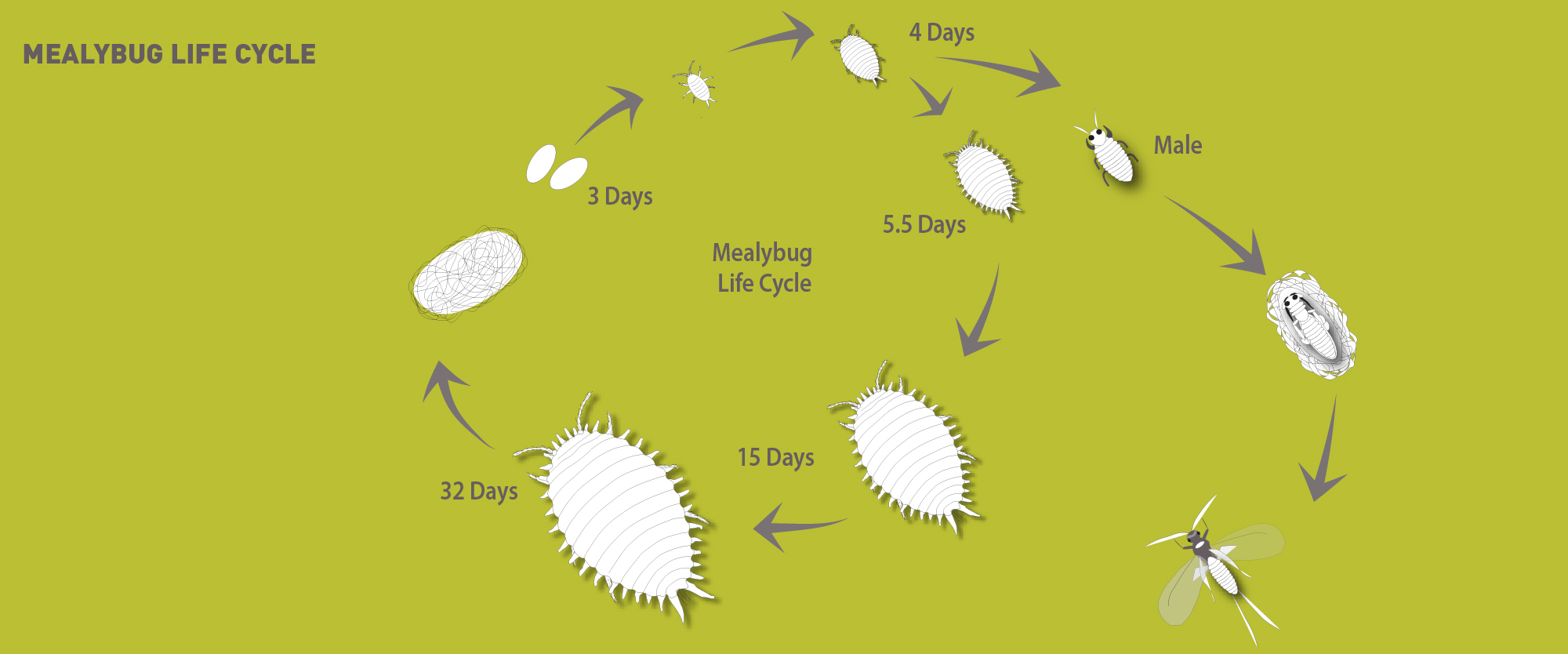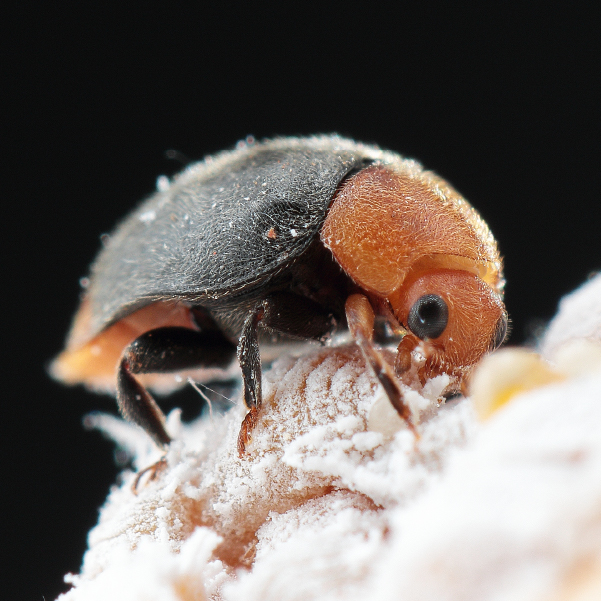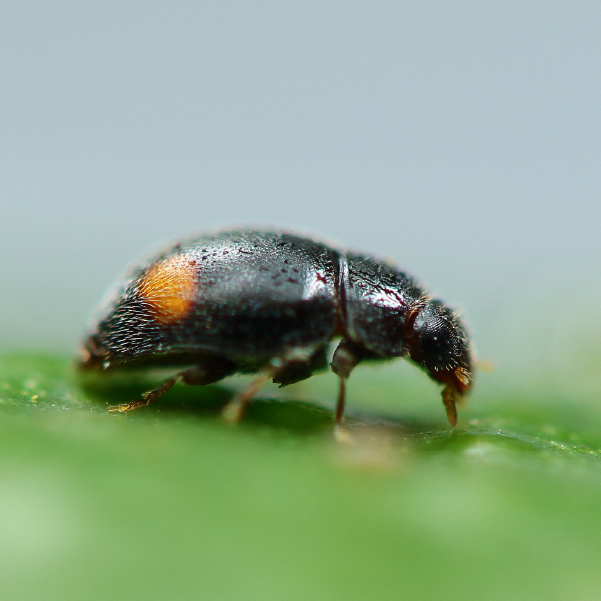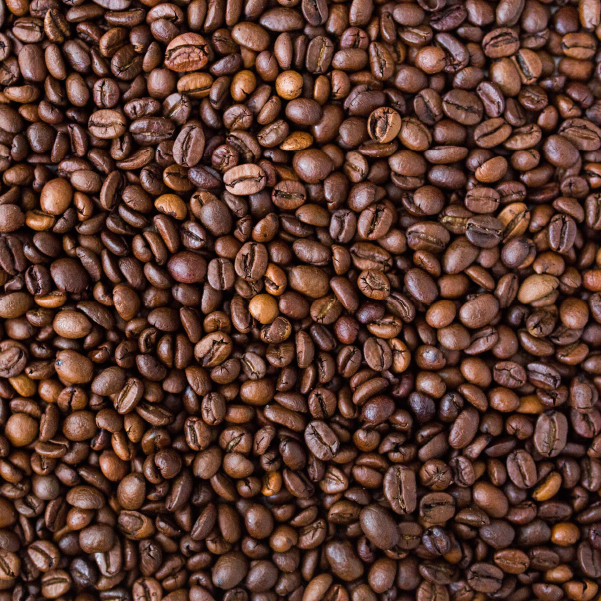The spherical mealybug (Nipaecoccus viridis), also known as the Karoo thorn mealybug, has five to six pairs of short lateral filaments, becoming steadily longer posteriorly, the caudal pair is slightly longer than the antennae. This mealybug can have a considerable negative economic impact on a wide range of crops such as citrus coffee, mango, cotton, soybean, avocado and sweet thorn tree.
DAMAGE
A high population of mealybugs can lead to: fruit drop, fruit deformation and development of discolored welts on the rind of the fruit.
Mealybug secrete copious quantities of honeydew which is a substrate for a group of fungi, sooty mold. Sooty mold is black in color and may stain the fruit decreasing their market value as well as causing a delay in fruit color development. Photosynthetic potential, especially of young trees, may be negatively affected if sooty mold infection is severe. Mealybug is a phytosanitary pest in some export markets and if found on fruit destined for these markets, can result in rejection of the consignment and could place these markets at risk for the future.
There are specific natural enemies for different species of mealybugs.
For more information contact your local BioBee field agent.
